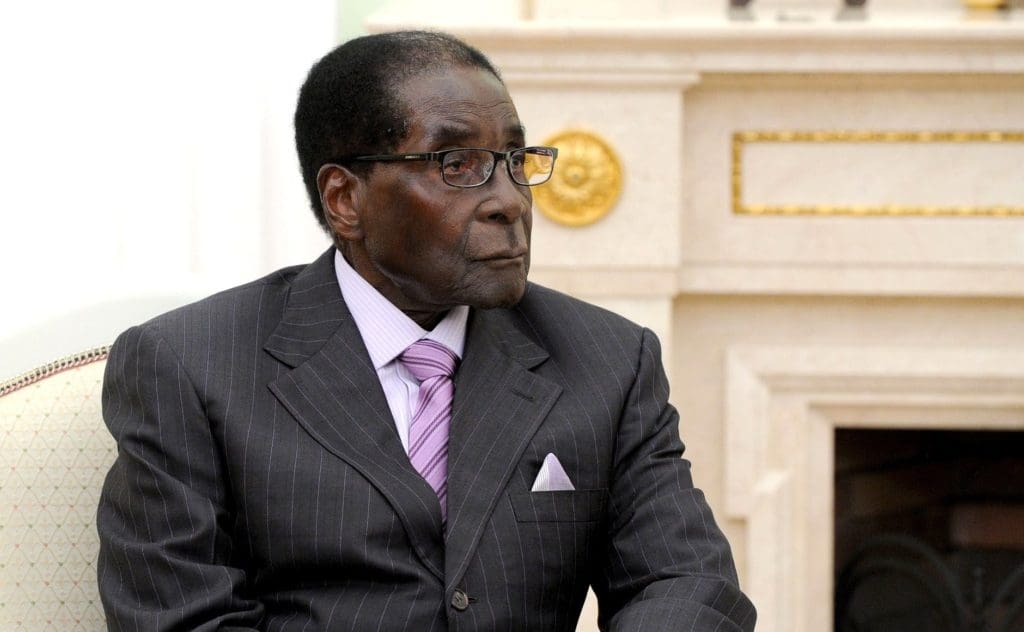On September 6, 2019, Robert Mugabe died in Singapore — a rather ironic place of death considering Singapore’s economic freedom and Mugabe’s legacy as one of Africa’s most despotic leaders during the last three decades.
From 1980 to 2007, he was the leader of Zimbabwe and established himself as an icon for third world socialist activists worldwide.

Initially, Mugabe took his time establishing himself as an economic demagogue, making political consolidation of Zimbabwe his top priority during his early years in power. He started his radical redistributionist campaign in 2000 by seizing white farms to allegedly “correct” injustices that lingered from the colonial era. To say that these violations of basic property rights were a disaster would be an understatement. A report from the Commercial Farmers Union highlighted how agricultural production fell by $12 billion from 2000 to 2009. The economic distortions from these programs resulted in the collapse of Zimbabwe’s once illustrious agricultural sector.
Furthermore, Mugabe politicized Zimbabwe’s central bank, which allowed him to pursue some of the most expansive easy money policies seen in the world at the time.
As a result, hyperinflation rocked the country which prompted it to dollarize and use the American dollar as its main currency after the Zimbabwe dollar was turned into Monopoly money. Curiously, present-day Venezuela mirrors Zimbabwe in terms of its economic policies and episodes of hyperinflationary collapse that have resulted from them. Both of these countries serve as lurid examples of what happens when private property is not respected and excessive political centralization takes root.
As a result of the economic wrecking ball that Mugabe applied to Zimbabwe, millions of Zimbabweans left the country for more stable economic environments. Even though Mugabe was deposed in 2017 and is now deceased, the future of Zimbabwe looks uncertain.
Emmerson Dambudzo Mnangagwa, the current president of Zimbabwe, has not made any moves so far that indicate Zimbabwe will be moving toward a free market direction. Inflation still has not been tamed, with economist Steve Hanke claiming that inflation stood at a whopping 611 percent in August.
The future looks quite bleak for Zimbabwe. However, it does not have to be condemned to misery. Its neighbor Botswana offers a positive example of how a market economy can generate economic growth. Starting in the 1960s, Botswana broke free from the misery that characterized the rest of sub-Saharan Africa by establishing solid property rights, maintaining the rule of law, and not depending on foreign aid. By relying on the comparative advantage of its diamond production, Botswana became one of the fastest-growing economies on the globe and established itself as arguably the most stable country in the African continent.
For economic inspiration, Zimbabwe should look southward. There’s no reason for it to continue the errors of the past.

























